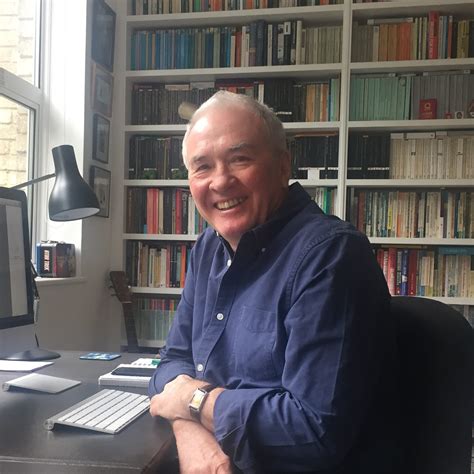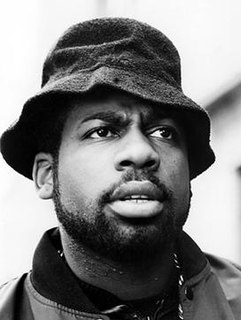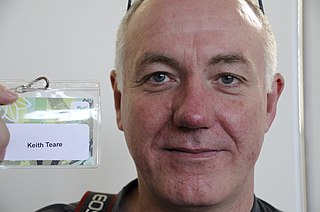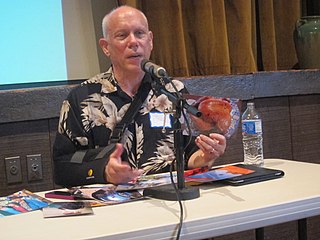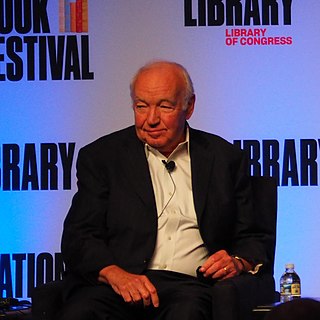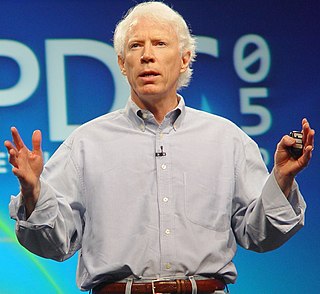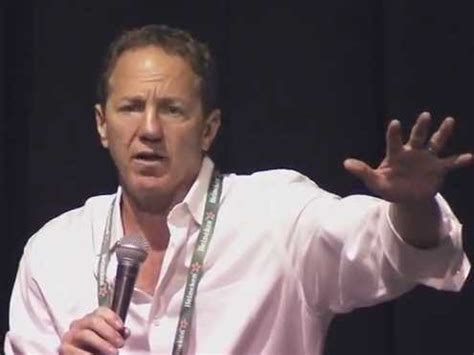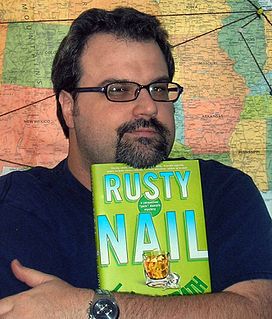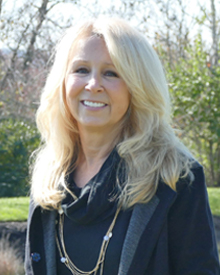Top 995 Desktop Publishing Quotes & Sayings
Explore popular Desktop Publishing quotes.
Last updated on April 14, 2025.
I think a lot more people are able to take on a design challenge than ever before. And this was true 20 years ago when the desktop publishing revolution came about that allowed people with Macintosh's at home to produce professional-looking newsletters or publications for the first time. So, there's a long march toward more democratization for design.
Desktop publishing was a big innovation that meant small groups or even poor societies could do their own publication without the capital investment in a major printing press. That's a big difference. Same is true of more advanced technologies - it can offer plenty of liberatory possibilities - can - but whether it does or not or whether it serves for coercion depends on socioeconomic decisions.
Don't wait for success, but for the respect and interest of those who read you. At the start it could be a classmate, someone who shares your interests. Before sending off the manuscript for a novel to a publishing house, it would be a good idea to try writing short stories, and publishing them in a local magazine.
It was 4 or 5 years into my first design job before the idea of doing graphic design on computers started taking hold. I started working in 1980, the Macintosh was introduced in 1984, then the real desktop publishing only started coming around in 85-86, but it wasn't really until the end of the decade that the transition became irresistible.
When I was young, there was an amazing publication called The Whole Earth Catalog, which was one of the bibles of my generation. It was created by a fellow named Stewart Brand not far from here in Menlo Park, and he brought it to life with his poetic touch. This was in the late 1960's, before personal computers and desktop publishing, so it was all made with typewriters, scissors, and polaroid cameras. It was sort of like Google in paperback form, 35 years before Google came along: it was idealistic, and overflowing with neat tools and great notions.
Like a lot of small press founders I was looking for a way into publishing - as well as a way out of academia. Without moving to London, I couldn't see a way of working for a publishing house whose work I liked. Believe it or not, the simplest way for me to get into publishing was to start my own press.
Publishing is not evolving. Publishing is going away. Because the word "publishing" means a cadre of professionals who are taking on the incredible difficulty and complexity and expense of making something public. That's not a job anymore. That's a button. There's a button that says "publish," and when you press it, it's done.

